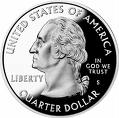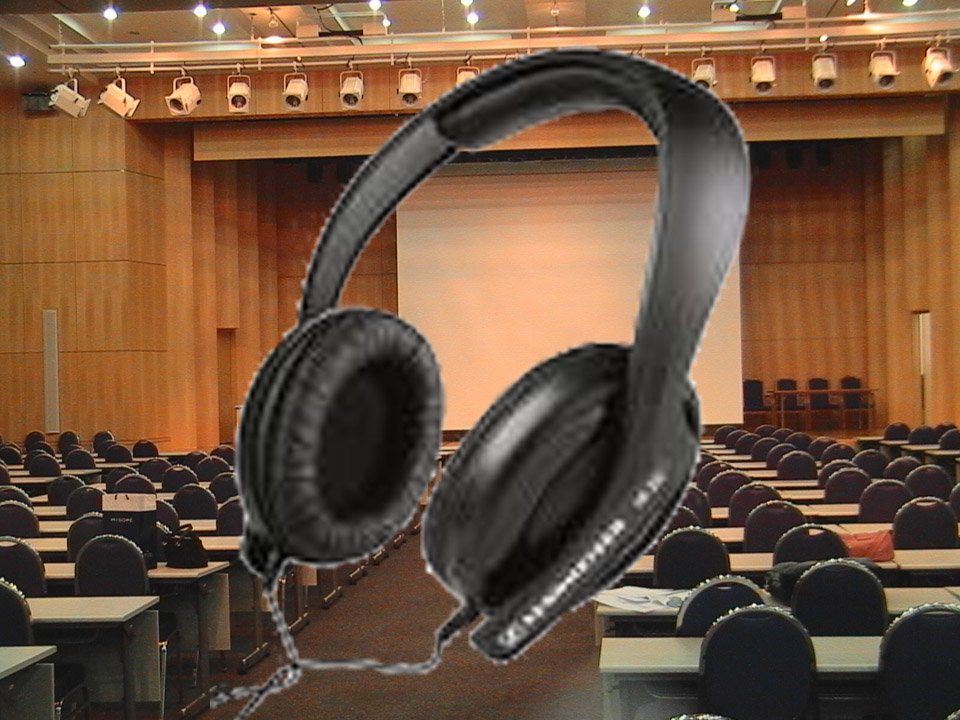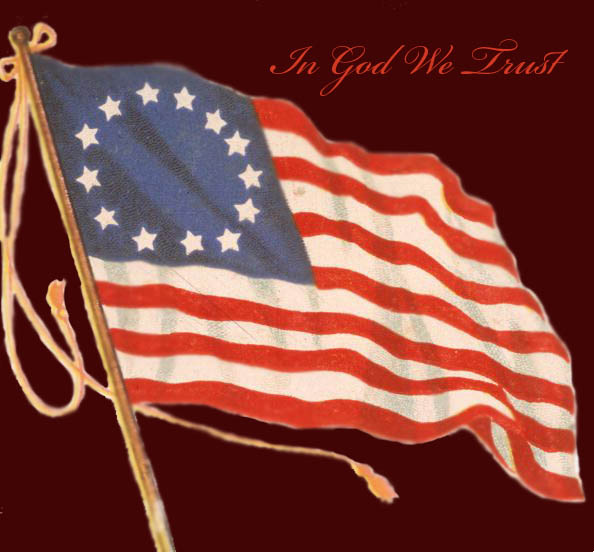Blog
The American Way of Life (Part 16 of 28)
Now, this way of living is American, and its new to history. Its a people living in self-government, managing their own lives, thinking for themselves what a phenomenon! People are actually making decisions for themselves, not needing a father, a paternal government, to tell them how to be, and where to go, and how to think.
We the people of the United States. You see, the rulers are the people - not the lawmakers, and not the President. We ordain. We set this up ourselves to establish a Constitution for all the States of America. We are a representative republic that is, the rulers are elected to serve the will of the people. The people do not serve the will of their rulers. Thats a new deal. Isnt that a new idea?
We are a nation that has a government, not the other way around. This makes us special among the nations of the earth special meaning unique. Our government has no powers except those granted by the people. That means we have a job to do. That means we the people do not live like other people in other nations. We have to know what were doing, for ourselves. Everything that we have in the way of rulers comes from us anyway. Its the most just idea here.
Its time to check the government that shows signs of having grown beyond the consent of the governed. All of us they rule us because we consent to them by our vote. Our vote is our consent. That is property. Your consent is your property. Its the most valuable political capital you have. All of us need to be reminded that the federal government did not create the states; the states created the federal government. And thats very important when we think about how we live.
To be continued...
The American Way of Life (Part 15 of 28)
Part 15: of a 28-part series
The next idea (is that) we are demonstrating to the world the positive alternative to despotism. In history, you could divide all government into two kinds: either despotic government, or self-government. Theres only two.
At the formation of our government, said Jefferson: Many have formed their political opinions on European writings and practices. As much as we respect the place Europe played in history, we are not another Europe -- believing the experiences in the old countries, and especially in England (as abusive as it was), to be a safer guide than mere theory. The doctrines of Europe were that men in numerous associations cannot be restrained with the limits of order and justice, but by forces physical and moral wielded over them by authorities, independent of their will.
In other words, you must be under the will of a superior. You of your own accord cannot do, cannot know. Well, when you live in a society of peasants, probably not. A society of surfs? No, not ready. Or slaves? Not ready. Hence, their organization of kings, hereditary nobles, and priests. Thats their organization.
But thats not Americas organization. We are different because our government and way of life are not based on the divine right of kings, which means one man is above the law. [Nor are they based on] the hereditary privileges of the elite or the deference to dictators. They are based on pieces of paper. Really, our nation hangs on two pieces of paper: the Declaration of Independence and the Constitution of the United States (and [some would add] the Bill of Rights) that established our liberties. Thats all that regulate our lives these documents.
To be continued...
The American Way of Life (Part 14 of 28)
So, small businesses are a continuing source of dynamism for the American economy. They produced three-fourths of the economys new jobs between 1990 and 1995. So we can see how important the small business is. Again, individual enterprise is not capitalism. Its not corporate profits that were looking for, but [rather] the productivity of the small businessman.
Theres versatility in small businesses. Theyre able to respond quickly to changing economic conditions. They know their customers personally, and are especially suited to meet local needs a very important word, local needs. The sphere of operation is local.
Theyre a source of technical innovation. We know about Microsoft. It began in a college dorm room. Gates was in college and he realized he didnt need it anymore, because he had Microsoft. And Federal Express same thing. Nike. Ben & Jerrys began in their garage, in their kitchens, in their own homes. Thats individual enterprise. That is evidence of the independent worth of the individual.
From what comes out of one business, you can hire 75 or 100 workers. The importance of one. And you cant punish that. Every one of us knows that our economy is changing more and more. Its being driven by small business and entrepreneurial activity. This has been a wonderful window and doorway for women to enter the marketplace, because of individual enterprise. The internet will show you that. EBay will show you that. All of these opportunities -- because we recognize what one can produce.
The nature of employment is changing dramatically, seen by a huge shift towards self-employment more people who are enterprising, contracting, and consulting. This is a very current [trend]. So, this is the idea of the progress we are making about the natural equality of all in society not just the few. And thats manifested economically.
We are different because our government and way of life are not based on the divine right of kings, which means one man is above the law. [Nor are they based on] the hereditary privileges of the elite or the deference to dictators. They are based on pieces of paper. Really, our nation hangs on two pieces of paper: the Declaration of Independence and the Constitution of the United States (and [some would add] the Bill of Rights) that established our liberties. Thats all that regulate our lives these documents.
We are different because our government and way of life are not based on the divine right of kings, which means one man is above the law. [Nor are they based on] the hereditary privileges of the elite or the deference to dictators. They are based on pieces of paper. Really, our nation hangs on two pieces of paper: the Declaration of Independence and the Constitution of the United States (and [some would add] the Bill of Rights) that established our liberties. Thats all that regulate our lives these documents.
To be continued...
The American Way of Life (Part 13 of 28)
But things began to change. Today, the American economy boasts a wide variety of enterprises. With prosperity came the ability to raise capital for small business, ranging from one person (sole proprietorships) to some of the worlds largest corporations. In 1995 there were 16.4 million non-farm sole proprietorships, 1.6 million partnerships, and 4.5 million corporations in the United States a total of 22.5 independent enterprises. Many visiting from abroad are surprised to learn that even today, the American economy is by no means dominated by giant corporations. Thats a fallacious thought. Its a fallacy.
When youre taxing business, youre taxing those that hire the most workers in the Union, in the country. And in order to keep their overheads low, they have to minimize and cut down their costs, especially employers. Its just natural. Its just economics. Fully 99% of all economic enterprises in the country employ fewer than 500 people. These small enterprises account for 52% of all U.S. workers, according to the U.S. Small Business Administration.
To be continued...



